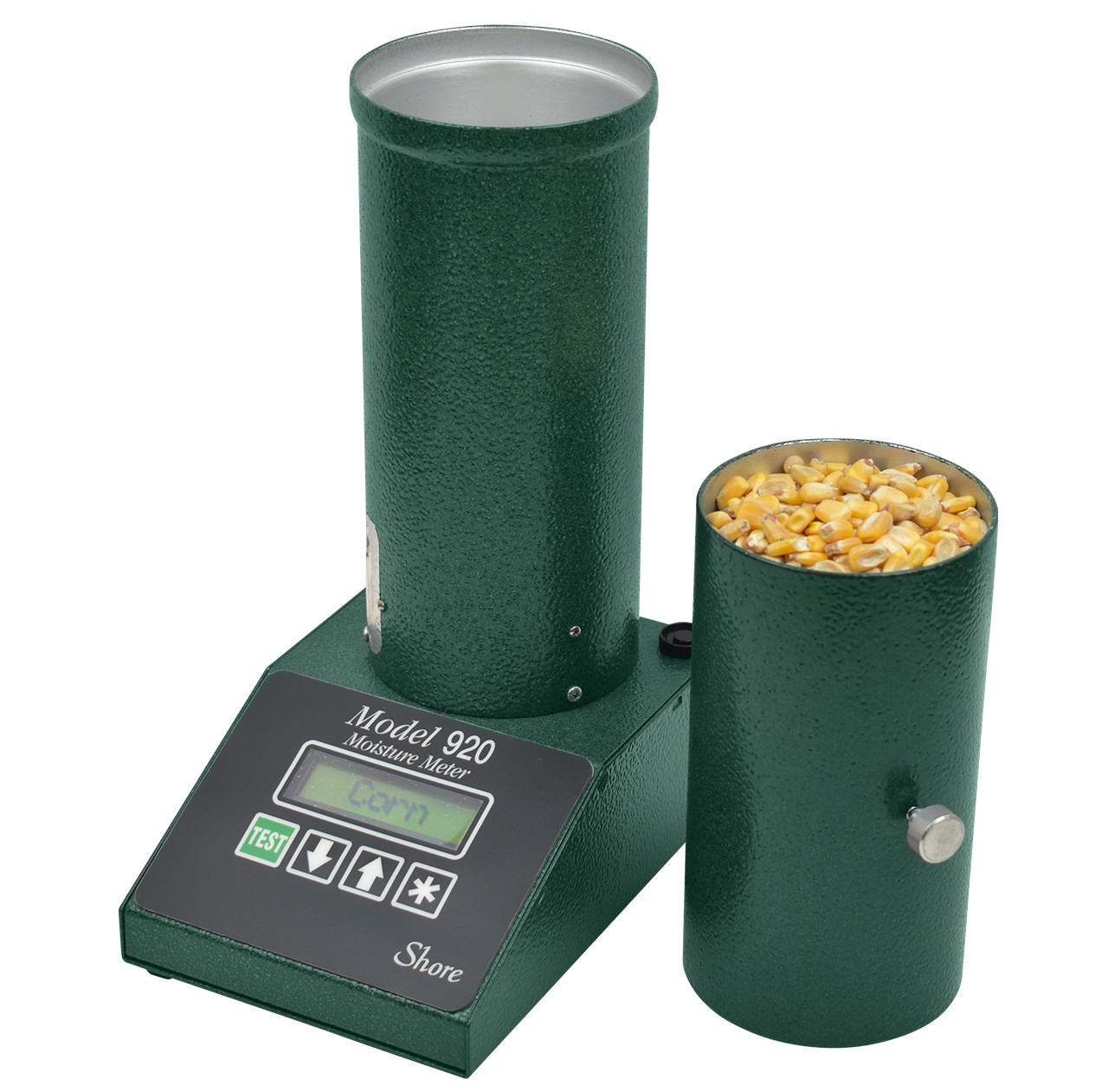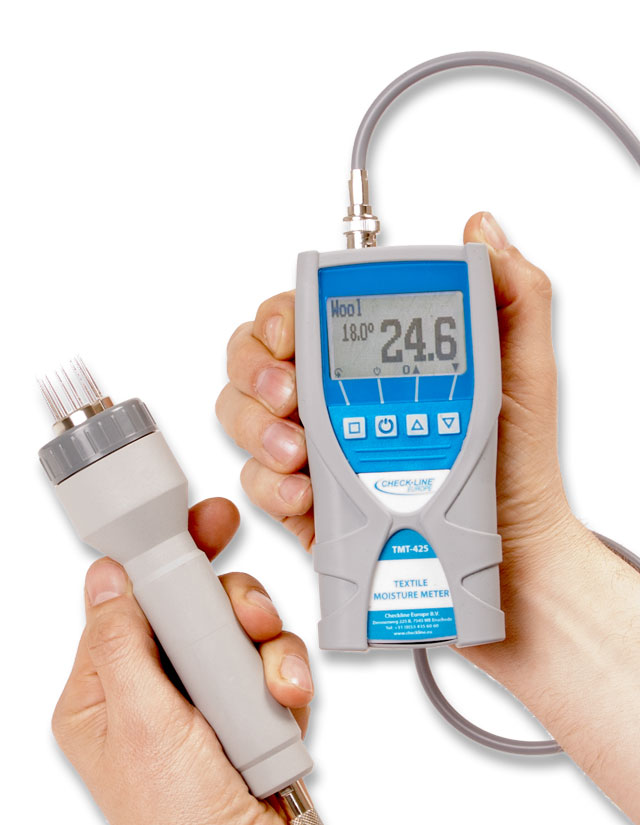The Ultimate Guide to Choosing the Right Moisture Meter for Your Demands
The Ultimate Guide to Choosing the Right Moisture Meter for Your Demands
Blog Article
The Ultimate Overview to Wetness Meters: A Comprehensive Introduction and Exactly How They Can Save You Money
In the realm of building maintenance, building and construction, and different markets, the relevance of accurately measuring moisture degrees can not be overemphasized. Dampness meters work as indispensable devices in detecting and monitoring moisture material in materials, aiding in preventing costly damages and ensuring the quality of products. Understanding the subtleties of different sorts of wetness meters, their applications, and the possible cost-saving advantages they supply can be a game-changer for specialists and companies alike. Finding how these tools can not just simplify procedures but additionally add to economic savings is a trip worth starting.
Kinds Of Moisture Meters
Different kinds of moisture meters are offered for various applications in numerous markets. One typical type is the pin-type dampness meter, which determines the electrical resistance in between two pins put right into a product. This kind is appropriate for wood, drywall, and various other structure products. Pinless dampness meters, on the various other hand, usage electromagnetic sensor plates to scan a larger area without causing damage to the product's surface area. Moisture Meter. These meters are ideal for rapidly examining wetness degrees in big areas such as floorings and walls.

Infrared wetness meters measure the thermal residential properties of a material to determine its wetness material non-invasively, making them beneficial for applications where pin or pinless meters may not be ideal. Understanding the different types of dampness meters available can assist sectors choose the most ideal tool for their details moisture measurement demands.

Advantages of Utilizing Moisture Meters
Wetness meters supply invaluable advantages in precisely keeping track of and examining dampness levels in diverse materials and environments. One of the key benefits of making use of moisture meters is the prevention of prospective damage created by excess moisture.
Moreover, using wetness meters can lead to increased power effectiveness. In farming setups, moisture meters play a vital function in maximizing crop returns by enabling farmers to check soil dampness levels and make notified irrigation choices.
How to Select the Right Moisture Meter
When selecting a wetness meter, it's important to guarantee that the meter is suitable for the specific product you will be testing. Various products have varying electrical homes that can affect dampness analyses, so picking a meter made for your product is critical for exact outcomes. By very carefully reviewing these variables, you can choose a moisture meter that satisfies your requirements and gives exact wetness measurements for your jobs.
Correct Strategies for Dampness Meter Use

Cost Savings Through Moisture Meter Applications
Exactly how can the critical application of moisture meters cause substantial cost savings throughout various markets? Dampness meters play an important role in expense savings by stopping possible damage and ensuring high quality control in various markets. In the farming market, wetness meters help in figuring his explanation out the optimum time for harvesting plants, protecting against over-drying or excess dampness that can influence the last product's high quality. This precise surveillance aids farmers prevent unneeded losses and maximize their yield.
In a similar way, in building, moisture meters assist avoid costly problems by finding moisture degrees in building products, such as wood or concrete, which can bring about structural concerns if not resolved best site without delay. By determining problem locations at an early stage, contractors can take rehabilitative steps to avoid extensive fixings or replacements, inevitably saving money and time.
In addition, in the food processing sector, wetness meters are essential for keeping an eye on item quality and making sure conformity with safety and security regulations. By precisely gauging dampness content in foodstuff, suppliers can prevent putridity, preserve freshness, and minimize waste, causing substantial price financial savings. Overall, the tactical application of moisture meters is a useful financial investment that can bring about significant cost reductions and enhanced effectiveness across different markets.
Final Thought
In verdict, moisture meters are valuable tools for spotting and measuring wetness levels in different products. By making use of the right moisture meter and following appropriate methods, customers can successfully stop expensive damages triggered by excess moisture.
Wetness meters serve as indispensable tools in spotting and keeping track of moisture web content in materials, assisting in avoiding pricey damages and making certain the high quality of items. Infrared moisture meters determine the thermal buildings of a material to establish its moisture material non-invasively, making them valuable for applications where pin or pinless meters may not be appropriate.Dampness meters offer vital advantages in precisely monitoring and examining moisture levels in varied materials and atmospheres. In farming setups, dampness Look At This meters play a critical function in enhancing crop returns by allowing farmers to keep track of dirt wetness levels and make informed watering decisions.In conclusion, dampness meters are beneficial devices for determining and finding wetness degrees in different products.
Report this page